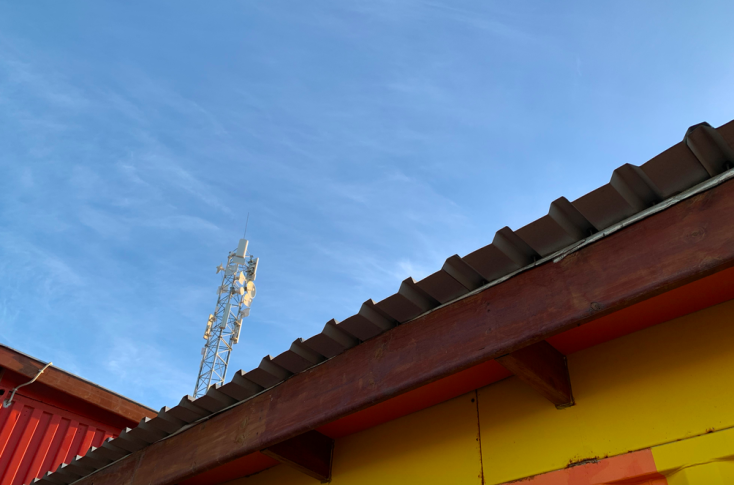
This piece was originally published on the website of APC member organisation KICTANet as part of a series of blog posts on the work that the organisation has been doing around community networks.
In the COVID-19 era, community networks became increasingly important in meeting the rising demand for affordable connectivity.
In Kenya, where community networks are growing in size and number, there was a positive regulatory change in 2021 with the introduction of the Community Networks Service Provider (CNSP) licence in the Communications Authority Unified Licensing Framework.
In 2022, the Authority published the draft Universal Service Fund (USF) Strategic Plan 2022-2026, which proposes the following with regard to community networks:
Annex 1: Key Result Areas, Strategic Objectives, Key Performance Indicators, Baselines and Targets
ICT infrastructure and services rolled out in telecommunications infrastructure voice and connectivity services, broadcasting, and postal services in unserved and underserved communities.
-
Key result area 1 – Telecommunications (Voice and Data), strategic objective 1.5, to facilitate the establishment of 100 community networks in unserved and underserved communities
-
Key result area 5 – Infrastructure and Services – e-Inclusivity, strategic objective 5.1, to enhance access to services including voice and data among persons with disabilities, women, and other vulnerable groups in unserved and underserved communities
This is a commendable move, as it will support the provision of broadband connectivity to citizens, especially vulnerable groups in unserved and underserved communities.
Funding of infrastructure projects could be made available through a public call, open to holders of a CNSP licence. The funds could be used to support infrastructure projects providing broadband connectivity to citizens by deploying new infrastructure in places where there was none or by extending and upgrading the existing infrastructure in areas where a community network was already operating.
The funds can be used to purchase equipment, pay for installation, and cover operational costs.